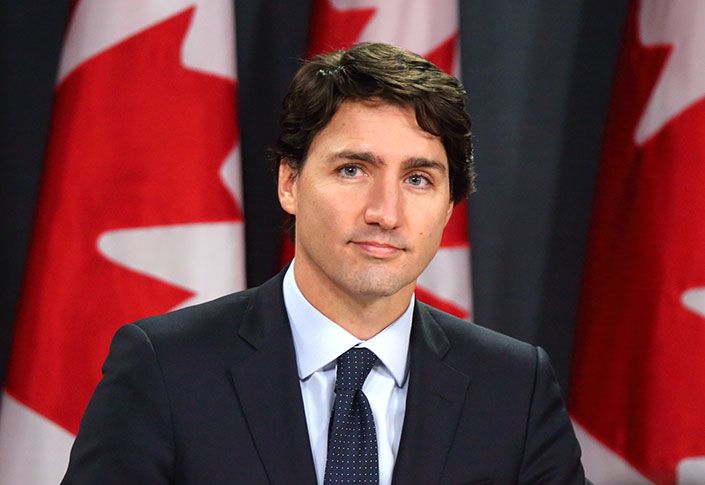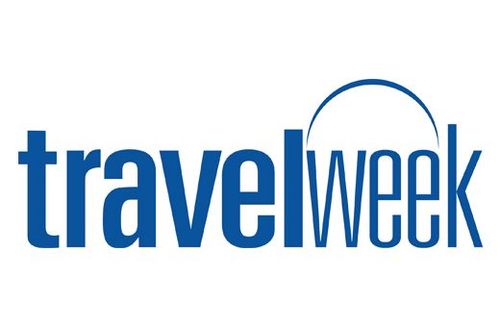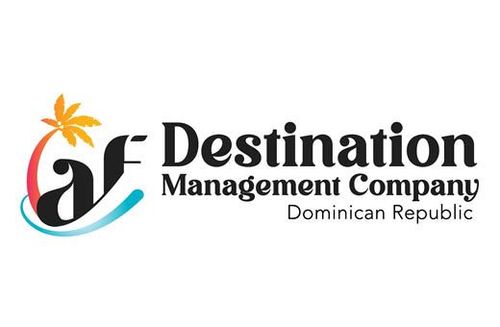Where travel agents earn, learn and save!
News / “Let me be clear: if you are abroad it is time to come back home”: Trudeau update
The federal government is restricting return international flights to just 4 airports

March 16 - Effective March 18 the federal government is restricting return international flights to just four airports across the country in an effort to maximize screening for the coronavirus. The four gateways are Toronto, Montreal, Calgary and Vancouver.
Prime Minister Trudeau made the announcement in a press conference today.
“Let me be clear: if you are abroad it is time to come back home,” he said, before reminding all Canadians to avoid non-essential travel until further notice, as per the warning issued March 13 by the Public Health Agency of Canada.
For the immediate concern of travellers who travelled to sun destinations for March Break, Trudeau did note that “for the time being”, flights returning from Mexico and the Caribbean, as well as domestic flights and flights returning from the U.S., will be able to land in their originally scheduled airport.
Calling the new measures “increasingly aggressive steps”, Trudeau also announced that the Canadian border would be closed to all except Canadian citizens and permanent residents, and for now, U.S. citizens. “Now is the time to take this significant step,” he said later in a Q&A session.
Trudeau also said that any individual returning to Canada would not be allowed to enter if showing any symptoms of the coronavirus, adding that airlines and air operators are now “formally mandated to prevent boarding to all passengers to present symptoms. Anyone who has symptoms will not be able to come into Canada.”
Trudeau adds that the government is “doing everything we need to do to keep Canadians safe.”
In the immediate aftermath of Trudeau’s press conference, the Air Transport Association of Canada (ATAC) issued an urgent appeal for immediate government financial support to the air transport industry of Canada as it deals with the COVID-19 pandemic.
“Although we fully support the government in its actions aimed at curbing the spread of COVID-19, a government financial assistance is urgently needed to avert a crisis in the aviation industry that will severely impact our member carriers, the travelling public and the Canadian economy, both in the short and long term,” says ATAC.
The news comes as Air Canada announces it has cut its Q2 capacity by 50% year over year.
“COVID-19 presents the global airline industry with unprecedented challenges, compounded by uncertainty as to the extent of its effects,” said Calin Rovinescu, President and CEO of Air Canada.
“However, we are confident that after a decade of transformation and record results, Air Canada today has the agility, the team and the route network to successfully navigate through this crisis."
Rovinescu adds: “Most importantly for business continuity, also has the necessary financial resources, including a solid balance sheet, record liquidity levels, higher debt ratings based on a low leverage ratio, and a significant pension plan surplus.
“These deep strengths enable us to fully focus our immediate attention on both the safety and well-being of our customers and our employees and on mitigating the financial impact of the virus.”
In its financial update issued today, Air Canada expects, on average, system ASM capacity to decline by 50% in Q2. The reduction in capacity in Pacific markets for the month of April is expected to be approximately 75%. Air Canada says it will continue to adjust capacity as required.
The company says a combination of significantly lower jet fuel prices, along with projected cost savings associated with capacity reductions, including workplace reductions and other programs, and a general cost reduction program is expected to mitigate 50 – 60% of its total revenue loss for Q2.
To preserve cash, Air Canada is initiating a company-wide cost reduction and capital deferral program, targeting at least $500 million.
“The crisis facing our industry is worsening as countries around the world adopt increasingly severe measures, national lockdowns and travel restrictions,” said Rovinescu.
“We understand that the governments of the United States and many European countries such as Germany, France, Italy, Norway and others have approved or are considering assistance for their airline industries in one form or another."
“Under these circumstances, we believe that the Canadian airline industry should also see similar assistance, whether through forbearance of taxes, landing fees and other charges that form part of the aviation burden in Canada or otherwise until the industry stabilizes.
“Our industry associations have been and will continue to make these representations to governments.
“However, we are not awaiting any decision on these measures before implementing our mitigation plan as we believe decisive action is the best course to follow.”
ATAC adds: “The consequences of the crisis and of measures taken to contain the virus are having an immediate catastrophic economic impact on our industry. The Travel Advisory issued by your Government to ‘avoid all non-essential air travel’, business meetings and conferences across Canada being cancelled, travel restrictions by public and private sector employers, spring and summer air travel plans being cancelled both domestically and internationally all threaten the survival of many of our operator members."
“Without immediate federal financial aid being provided, this situation could lead to Canadian air carriers going bankrupt in the near term.”
Source: Tarvelweek
More COVID-19 Updates:
AMResorts’ COVID-19 Updates
Ocean by H10 offers free cancellation policy
Playa Hotels & Resorts COVID-19 Updates
G Adventures has suspended all tours until the end of April
Air Canada, Air Transat, Sunwing have updated information in wake of advisory











